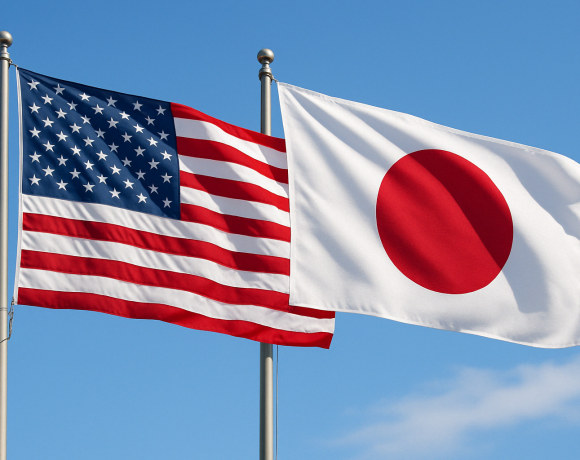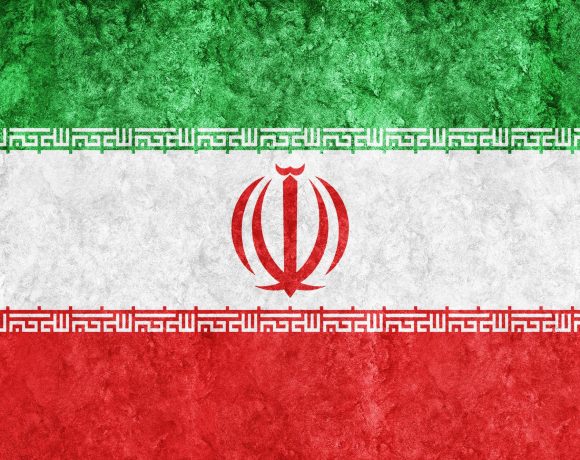
Brazil Threatens 50% Tariff on US goods in Response from Aug
Brazilian President Luiz Inácio Lula da Silva has warned that Brazil will impose a 50% tariff on US goods if Washington follows through on its proposed tariff hike on Brazilian imports starting August 1. Lula said Brazil remains open to diplomatic talks but made it clear that if negotiations fail, his government will invoke the country’s recently passed reciprocity law to match the US tariff.
WTO Action Likely
President Lula also confirmed that Brazil is preparing to approach the World Trade Organization (WTO) to formally challenge the US tariff decision. He described the move as unjustified and politically motivated, arguing that it violates the spirit of international trade agreements.
Bolsonaro Dispute Sparks Trade Clash
The tensions escalated after former US President Donald Trump threatened to increase tariffs on Brazilian exports, citing what he called a “witch hunt” against former Brazilian President Jair Bolsonaro. However, Lula dismissed the allegation and stated that Brazil’s legal proceedings are internal matters and not a subject of international interference. He also pointed out that over the last 15 years, the United States has maintained a consistent trade surplus with Brazil, which contradicts the American claim of being at a disadvantage.
Economic Fallout Begins
Following Trump’s statement, Brazil’s currency, the real, dropped in value, and key stocks in sectors like aviation and finance also saw a decline. Analysts warn that US consumers may soon face higher prices on Brazilian imports such as coffee, beef, orange juice, and ethanol. Meanwhile, Brazilian exporters are bracing for a possible slowdown in shipments if tariffs are implemented.
India Eyes Developments
India is closely observing the trade dispute between the US and Brazil. Given the globalised nature of trade and potential ripple effects, Indian exporters may face indirect impacts. At the same time, India could explore opportunities to fill supply gaps left by a possible disruption in US-Brazil trade flows. The situation also highlights the importance of trade diversification and readiness for sudden tariff shocks.


















